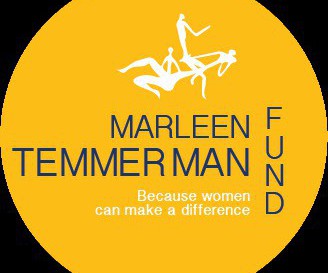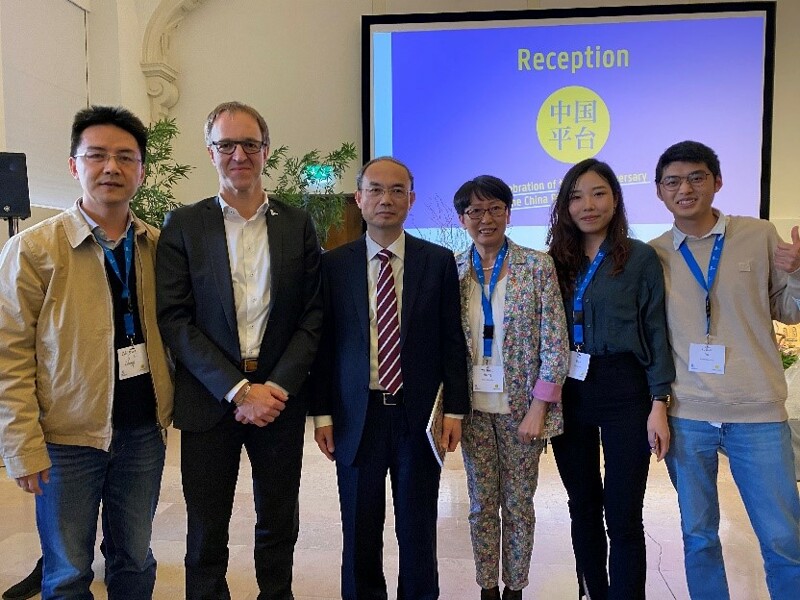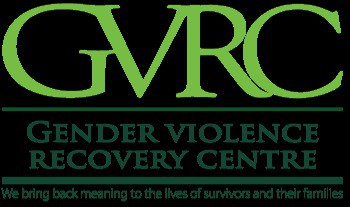Ghent University establishes the ‘Marleen Temmerman Fund’

Prof. Dr. Marleen Temmerman established ICRH in 1994, and she continued to lead the centre until October 2013, when she became head of the Department of Reproductive Health and Research of the World Health Organisation of the United Nations in...
Prof. Dr. Marleen Temmerman established ICRH in 1994, and she continued to lead the centre until October 2013, when she became head of the Department of Reproductive Health and Research of the World Health Organisation of the United Nations in Geneva.
In setting up the Marleen Temmerman Fund, the University of Ghent wishes to pay tribute to this spirited academic, and to continue supporting the further development of the ICRH.
Each year, the Fund selects a few projects to which it wishes to make a financial contribution.
In 2014, the Marleen Temmerman Fund shall provide support for the following three projects:
Home visits for new mothers in Kenya, Mozambique, Burkina Faso and Malawi
The MOMI project (‘Missed Opportunities in Maternal and Infant Health: reducing maternal and newborn mortality and morbidity in the year after childbirth through combined facility- and community-based interventions’) investigates methods for improving the health of mothers and their babies, by using existing systems and facilities.
An analysis was made of the existing post-natal care in four African countries: Kenya, Mozambique, Burkina Faso and Malawi. On the basis of this analysis, ideas were developed for interventions to improve that care. One such intervention is having community health workers and traditional midwives, who both work voluntarily, conduct home visits for women and babies during the first days or weeks after birth. During these visits, the health workers provide these women information on health, and check that mother and baby are in good health. If necessary, they refer mother and child to a health care station for further care.
How will the Marleen Temmerman Fund support this project?
The MOMI project is financed by the European Commission, but additional funds from the Marleen Temmerman Fund will be used to prepare specific health information materials, and to purchase bicycles for the volunteers who make the house calls.
An Internship Programme for African researchers
ICRH prefers to work with local researchers for its research projects in developing countries, but these are difficult to find. There is a desperate shortage of well-trained researchers in the field of sexual and reproductive health, and this is even more the case in Africa, where they are badly needed.
ICRH has set up an intensive training programme, which allows African researchers to be fully immersed in the research activities of ICRH in Ghent for half a year, after which, they gain a further half year’s experience conducting fieldwork in Kenya or Mozambique. This internship is intended to train them to plan, set-up and lead research projects, and to contribute to general capacity development in the field of sexual and reproductive health research in Africa. One of the first internees – the Nigerian doctor Emilomo Ogbe – began at Ghent in the middle of 2013, and is set to continue her training in Kenya, at the beginning of 2014.
How will the Marleen Temmerman Fund support this project?
We intend to enable one new trainee to start every six months. The trainees are paid a living allowance of 1500 Euros per month. This cost is not subsidised, and that’s why extra funds are being sought from the Marleen Temmerman Fund.
Research into Sexual Violence in Mombasa (Kenya)
Rape and more general violence towards women (and children) are, unfortunately, frequent occurrences in Kenya. In 2007, ICRH Kenya, in collaboration with the University of Ghent (Universiteit Gent) and the Kenyan Ministry of Health, set up the Gender Based Violence Recovery Centre (GBVRC), with the aim of not just giving medical care, but also providing necessary psycho-social and legal support. Since its establishment, over 4000 victims have been helped, 80% of which were women and more than half under 18 years old.
In addition to providing help, the GVBRC sets up awareness activities, provides training courses for hospital staff for handling victims of violence, and conducts research into the prevalence and the prevention of violence.
How will the Marleen Temmerman Fund support this project?
Over the years, a wealth of information has been collected from in-take interviews and the follow-up of victims. Processing this information is a major step towards achieving insight into patterns of violence. This insight is vital for establishing the scientific basis of preventative measures and for handling victims and offenders. ICRH/Ghent University plays an important role in this, and contributions from the Marleen Temmerman Fund will enable researchers to continue working on it.




